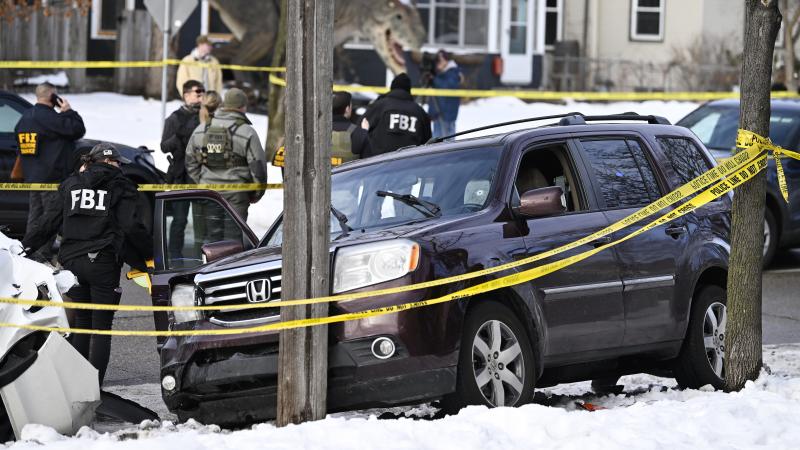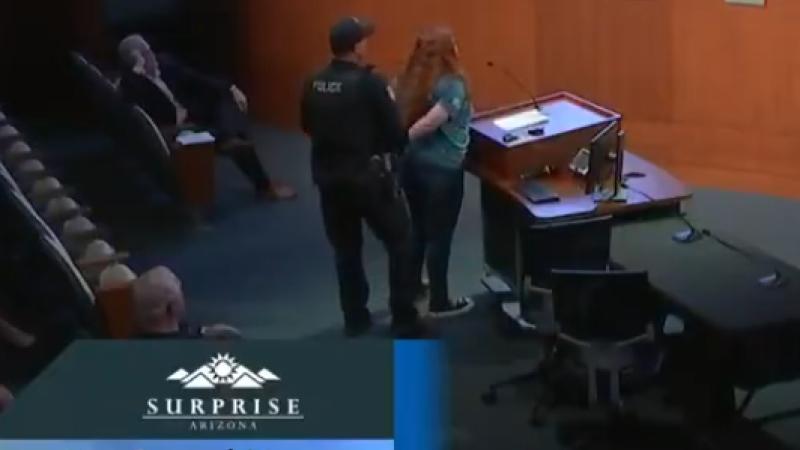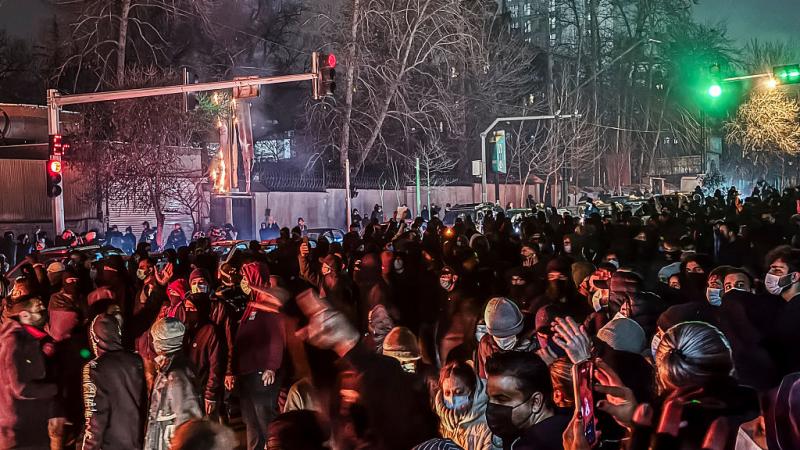California bill opens door for faith institutions, nonprofit colleges to build affordable housing
Legislation proposed estate faces significant housing shortage.
California could move to make it easier for nonprofit colleges and faith institutions like churches, synagogues and mosques to build affordable housing on their excess land under a bill introduced this week that aims to combat the Golden State’s housing shortage.
Senate Bill 4, introduced by Senator Scott Wiener, D-San Francisco, and Assemblymember Tina McKinnor, D-Inglewood, would reduce hurdles, like local zoning laws and the state’s environmental review process, that can make it challenging and expensive for nonprofit colleges and faith institutions to build housing on their property.
SB 4 would make 100% affordable housing development on this land a “use by right” and streamlines project approval by superseding local zoning laws. The bill also ensures the state’s rigorous environmental review process cannot be “misused” to stop these projects from moving forward, according to Wiener’s office.
“California has a deep housing shortage, and we need every available tool to create the housing we so desperately need,” Wiener said in a statement. “Low income and working class people have the greatest need, and religious institutions and colleges have enormous excess land that can and should be used for affordable housing. Let’s make it easier for these nonprofits to build these critically needed homes.”
The legislation applies to 100% affordable housing projects. Additionally, any organization who takes advantage of the streamlined affordable housing must maintain the affordability of these homes for 55 years if they are rented and 45 years for properties that can be owned, according to Wiener’s office.
Affordable housing advocates say the bill will open the door for faith institutions and nonprofit colleges to help address the state’s ongoing housing shortage. According to a report from the UC Berkeley Turner Center for Housing Innovation, nearly 40,000 acres of religious institution’s land could potentially be used for new housing development.
Faith institutions and nonprofit colleges who have excess property – like large parking lots – can face challenges due to local zoning laws when they want to build housing on their land. Advocates say getting the land rezoned and through the approval process can be both challenging and expensive due to CEQA lawsuits, which can stand in the way of affordable housing projects moving forward.
The bill is part of a broader housing movement in California known as YIGBY – “Yes in God’s Backyard.” SB 4 is sponsored by several housing associations and faith groups, including the Jewish Public Affairs Committee of California and the Non-Profit Housing Association of Northern California.
"Churches, synagogues, and other places of worship are natural allies for building low-income and affordable housing on their land – but our cities have made it impossible to do so,” said
Brian Hanlon, the CEO of California YIMBY, said in a statement. “We’re proud to stand with Senator Wiener, the carpenters, and the affordable housing developer community to overcome these barriers and make California more affordable for everyone.
The bill represents Wiener’s third attempt to get this measure through the Legislature – first in 2020, and then again in 2021. A 2020 version of the bill died after facing opposition from the California Building and Trades Council, who wanted the bill to include a provision requiring a “skilled and trained” workforce.
The council has already come out in opposition to SB 4, writing in a letter to Wiener on Tuesday that they oppose the bill unless it is amended to include a skilled and trained workforce. The council acknowledged that the bill includes a provision requiring workers to be paid a prevailing wage, but said a skilled and trained workforce requirement would prevent “unintended consequences that could potentially exploit the workforce building the housing," according to the Los Angeles Times.
SB 4 is one of over 100 bills introduced in the first week of the 2023-2024 legislative session, which started Monday. Other bills introduced this week include one to allow legislative staff to unionize and a measure that would ban encampments within 1,000 feet of “sensitive areas” like schools and daycare facilities.















